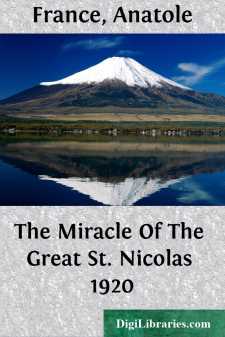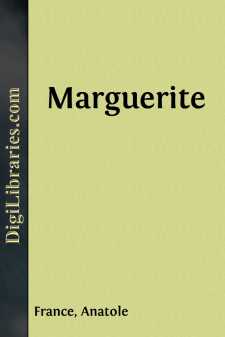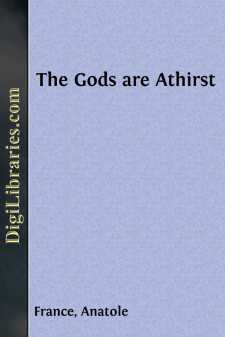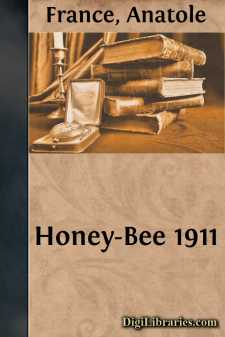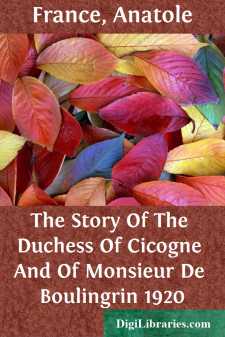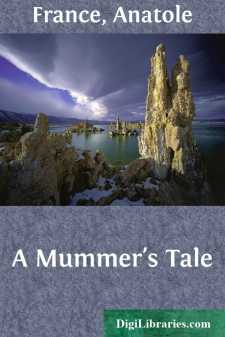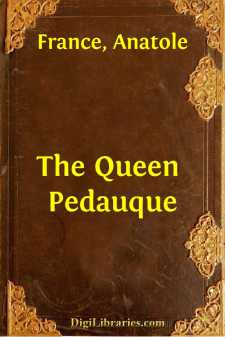Categories
- Antiques & Collectibles 13
- Architecture 36
- Art 48
- Bibles 22
- Biography & Autobiography 815
- Body, Mind & Spirit 144
- Business & Economics 28
- Children's Books 18
- Children's Fiction 14
- Computers 4
- Cooking 94
- Crafts & Hobbies 4
- Drama 346
- Education 58
- Family & Relationships 59
- Fiction 11834
- Games 19
- Gardening 17
- Health & Fitness 34
- History 1378
- House & Home 1
- Humor 147
- Juvenile Fiction 1873
- Juvenile Nonfiction 202
- Language Arts & Disciplines 89
- Law 16
- Literary Collections 686
- Literary Criticism 179
- Mathematics 13
- Medical 41
- Music 40
- Nature 179
- Non-Classifiable 1768
- Performing Arts 7
- Periodicals 1453
- Philosophy 65
- Photography 2
- Poetry 896
- Political Science 203
- Psychology 44
- Reference 154
- Religion 515
- Science 126
- Self-Help 85
- Social Science 82
- Sports & Recreation 34
- Study Aids 3
- Technology & Engineering 59
- Transportation 23
- Travel 463
- True Crime 29
Our website is made possible by displaying online advertisements to our visitors.
Please consider supporting us by disabling your ad blocker.
The Miracle Of The Great St. Nicolas 1920
by: Anatole France
Description:
Excerpt
CHAPTER I
NICOLAS, a scion of an illustrious family of Vervignole, showed marks of sanctity from his earliest childhood, and at the age of fourteen vowed to consecrate himself to the Lord. Having embraced the ecclesiastical profession, he was raised, while still young, by popular acclamation and the wish of the Chapter, to the see of St. Cromadaire, the apostle of Vervignole, and first Bishop of Trinqueballe. He exercised his pastoral ministry with piety, governed his clergy with wisdom, taught the people, and feared not to remind the great of Justice and Moderation. He was liberal, profuse in almsgiving, and set aside for the poor the greater part of his wealth.
His castle proudly lifted its crenelated walls and pepper-pot roofs from the summit of a hill overlooking the town. He made of it a refuge where all who were pursued by the secular arm might find a place of refuge. In the lower hall, the largest to be seen in all Vervignole, the table laid for meals was so long that those who sat at one end saw it lose itself in the distance in an indistinct point, and when the torches upon it were lighted it recalled the tail of the comet which appeared in Vervignole to announce the death of King Comus. The holy St. Nicolas sat at the upper end. There he entertained the principal folk of the town and of the kingdom, and a multitude of clergy and laymen. But on his right there was always reserved a seat for the poor man who might come begging for his bread at the door.
Children, particularly, aroused the solicitude of the good St. Nicolas. He delighted in their innocence, and he felt for them with the heart of a father and the bowels of a mother. He had the virtues and the morals of an apostle. Yearly, in the dress of a simple monk, with a white staff in his hand, he would visit his flock, desirous of seeing everything with his own eyes; and in order that no adversity or disorder should escape his notice he would traverse, accompanied by a single priest, the wildest parts of his diocese, crossing, in winter, the flooded rivers, climbing mountains, and plunging into the thick forests. One day, having ridden since dawn upon his mule, in company with the Deacon Modernus, thorny thickets through which his mount with difficulty forced a winding path. The Deacon Modernus followed him with much difficulty on his mule, which carried the baggage.
Overcome with hunger and fatigue, the man of God said to Modernus:
"Let us halt here, my son, and if you still have a little bread and wine we will sup here, for I feel that I hardly have the strength to proceed further, and you, although the younger, must be nearly as tired as I."
"Monseigneur," answered Modernus, "there remains neither a drop of wine nor a crumb of bread; for, by your orders, I gave all to some people on the road, who had less need of it than ourselves."
"Without a doubt," replied the Bishop, "had there been a few scraps left in your wallet we should have eaten them with pleasure, for it is fitting that those who govern the Church should be nourished on the leavings of the poor....


